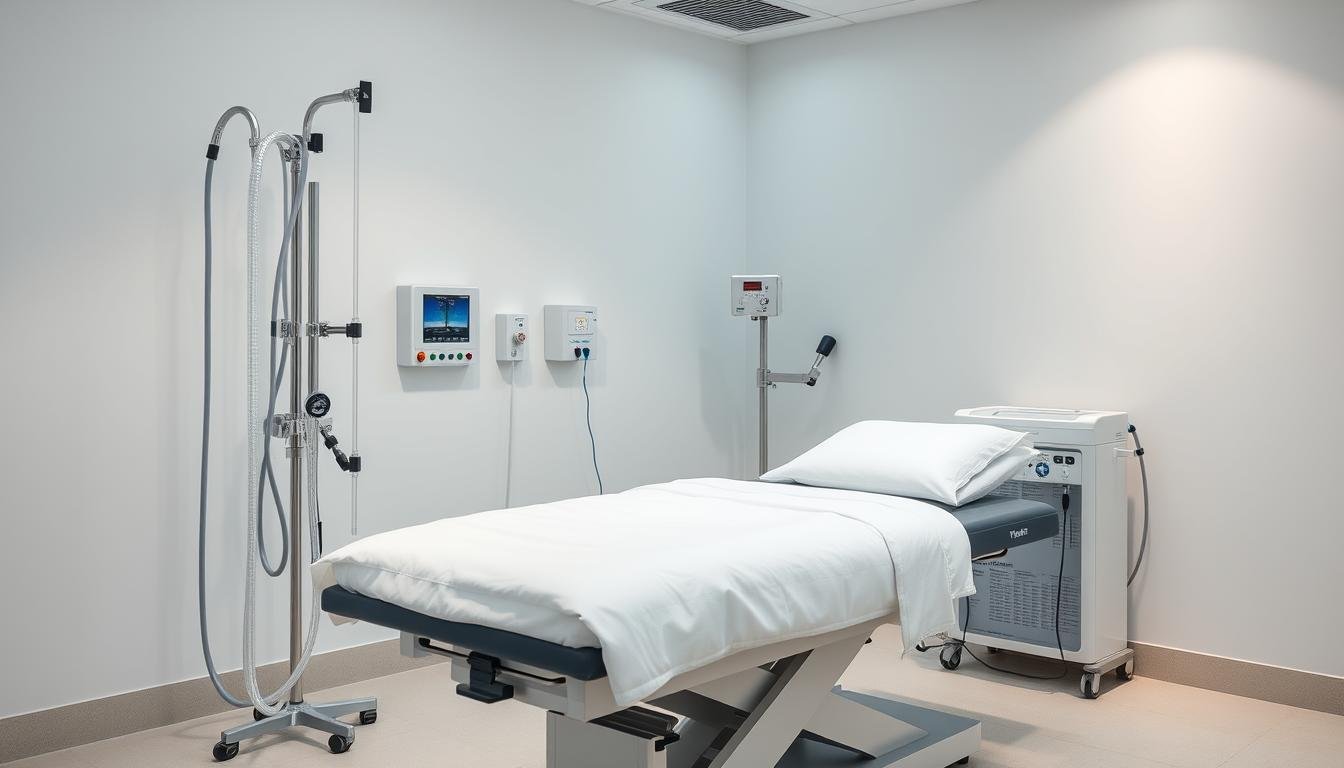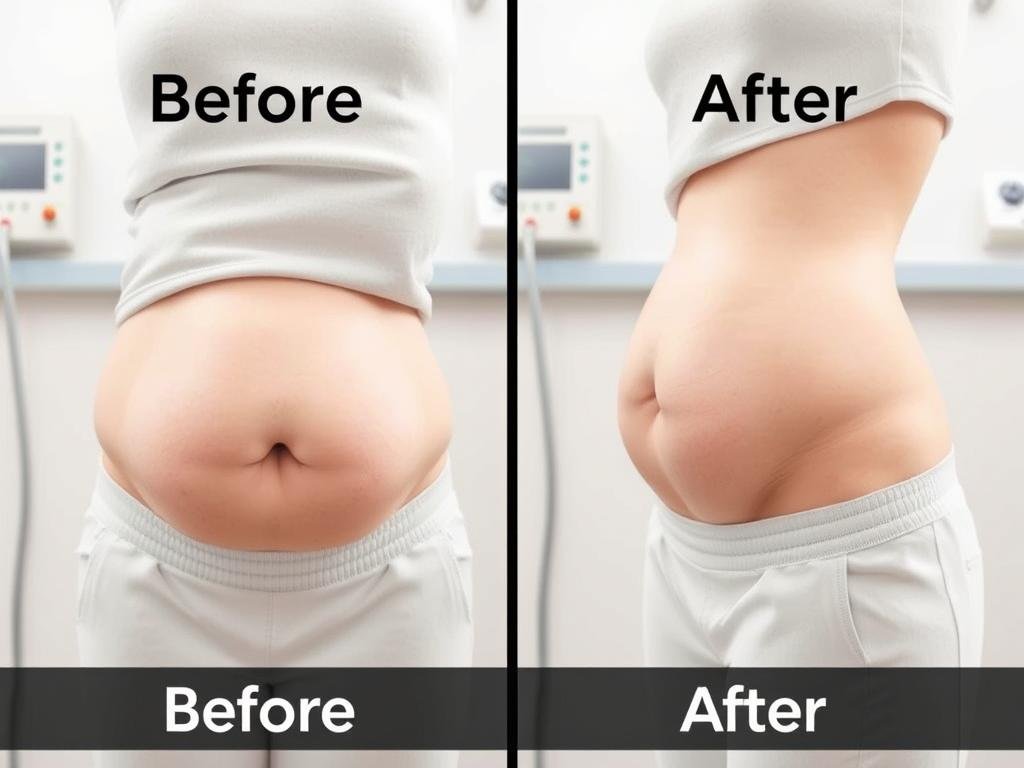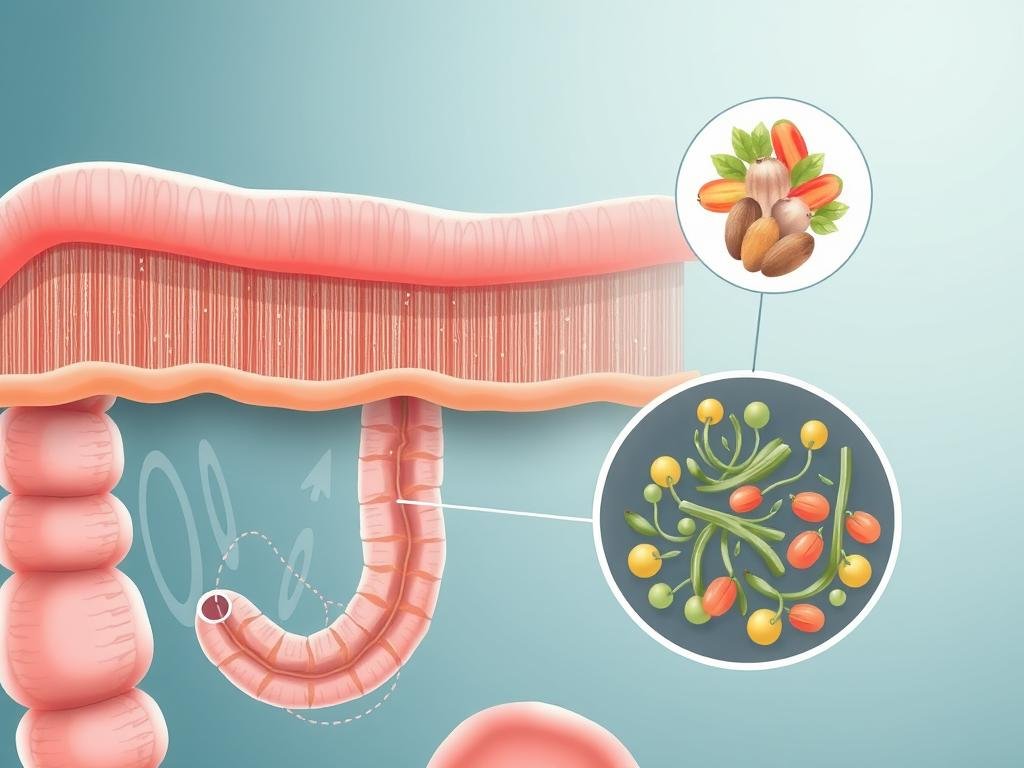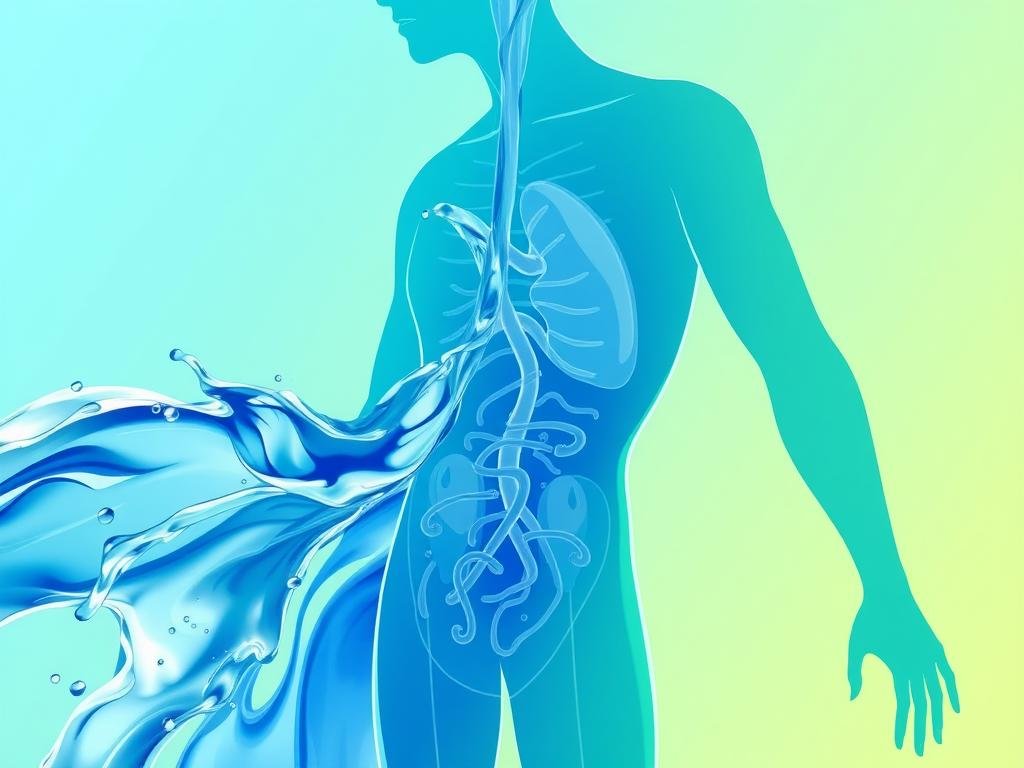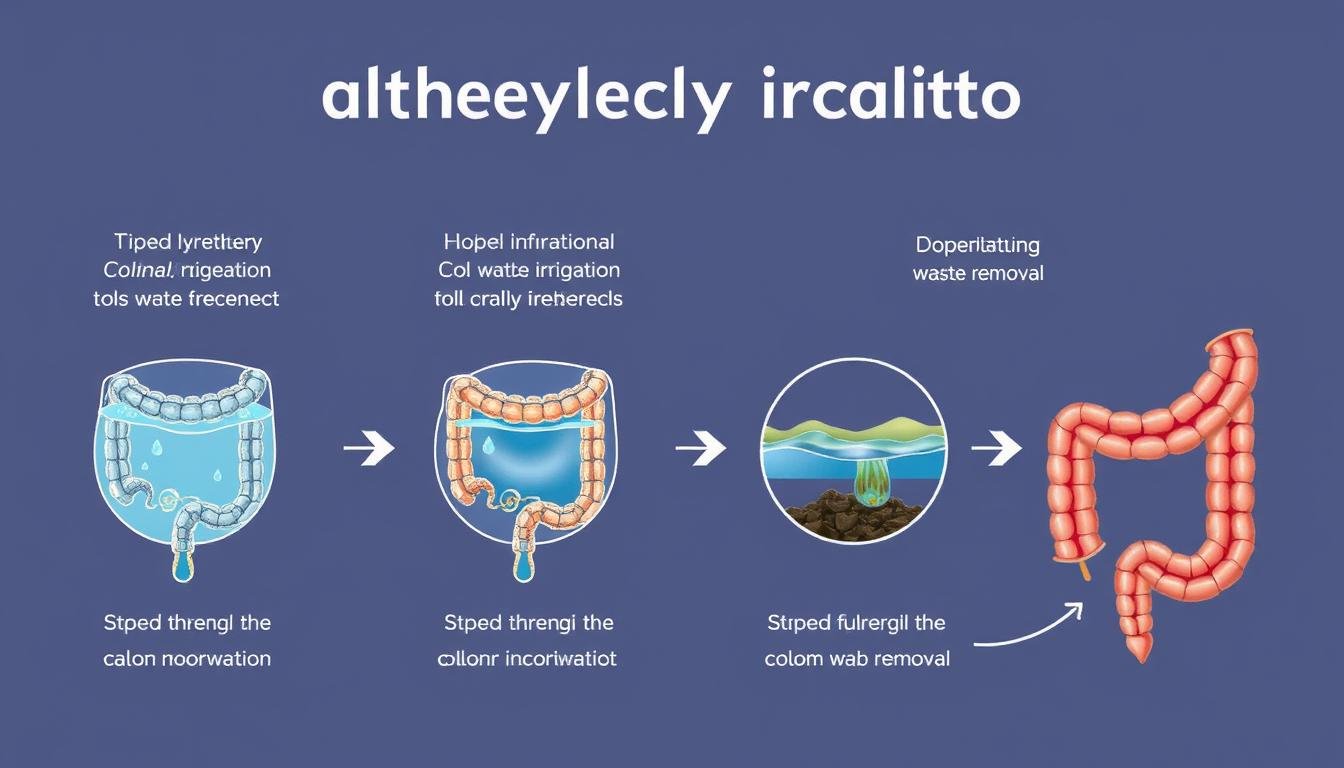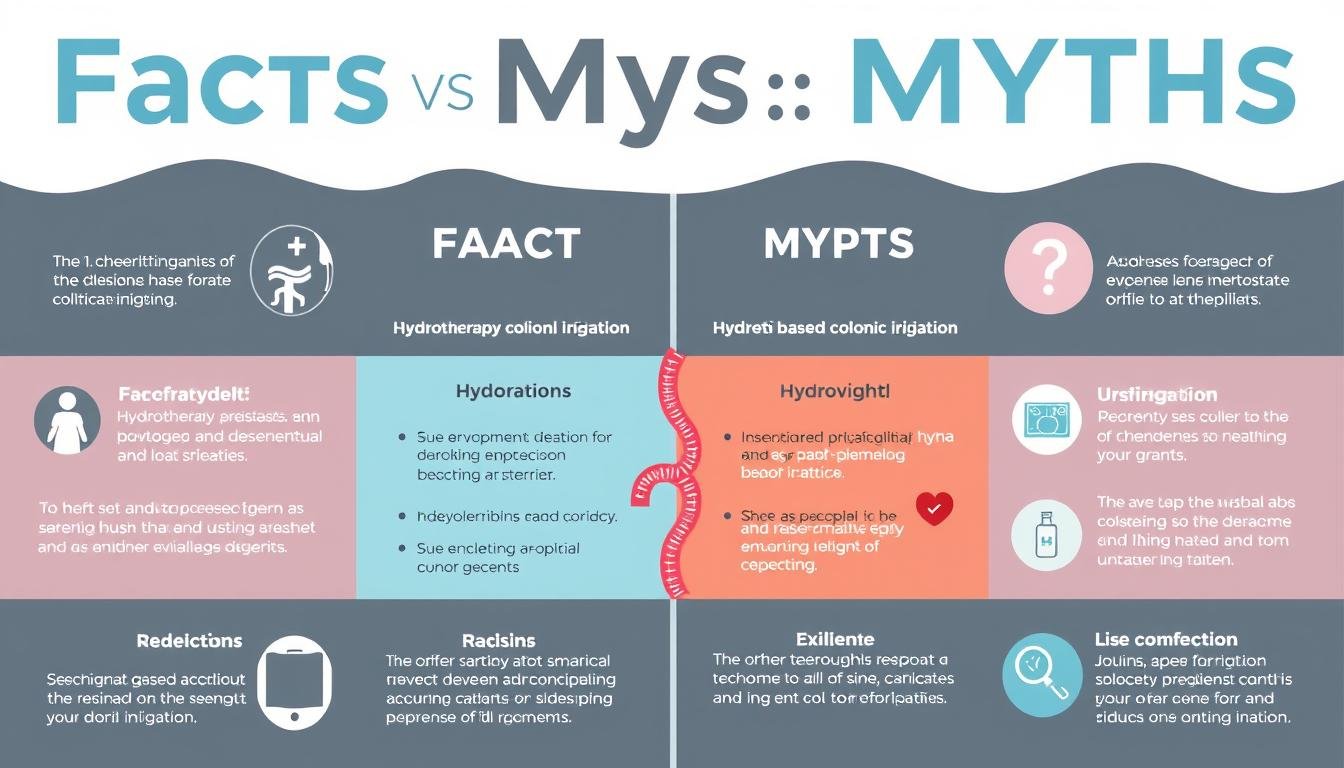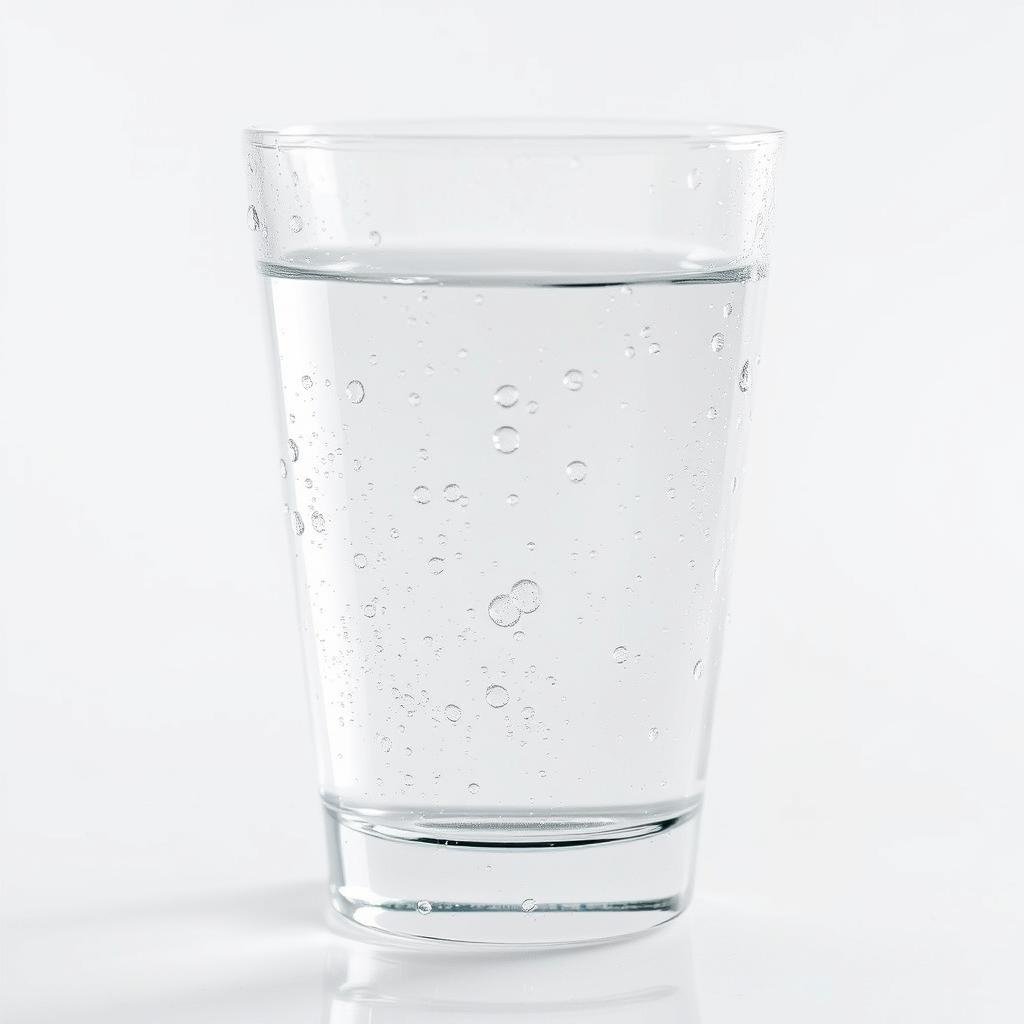Hydrotherapy colonic irrigation, also known as colonic hydrotherapy or colon cleansing, is a procedure that involves flushing the colon with water to remove waste material and toxins from the large intestine. This ancient practice dates back thousands of years and has gained renewed interest as part of holistic wellness approaches. While some practitioners tout its detoxification benefits, others raise concerns about its safety and efficacy. This comprehensive guide explores the science, procedure, and considerations behind this controversial therapy.
What is Hydrotherapy Colonic Irrigation?
Hydrotherapy colonic irrigation is a procedure where warm, filtered water is gently introduced into the colon through the rectum. Unlike an enema, which affects only the lower part of the colon, colonic hydrotherapy aims to cleanse the entire large intestine. The process involves a specialized device that controls water temperature and pressure while allowing waste material to be expelled through a closed system.
The colon, or large intestine, plays a crucial role in our digestive system by absorbing water and electrolytes from waste material and preparing it for elimination. Proponents of hydrotherapy colonic irrigation believe that accumulated waste can lead to toxin buildup, affecting overall health and wellbeing.
“Colonic hydrotherapy is designed to support the body’s natural detoxification processes by helping remove accumulated waste that may not be eliminated through regular bowel movements,” explains Dr. Sarah Johnson, gastroenterologist and researcher in digestive health.
Dr. Sarah Johnson, Gastroenterologist
Potential Benefits of Hydrotherapy Colonic Irrigation
While scientific evidence for some claims remains limited, proponents of hydrotherapy colonic irrigation suggest several potential benefits. Here are five areas where some research and clinical observations have noted possible improvements:
Improved Digestive Function
Some patients with digestive complaints report relief following colonic irrigation. A small pilot study published in 2016 noted improvement in symptoms among patients with irritable bowel syndrome (IBS) after colonic irrigation treatments, including reduced abdominal pain, constipation, and diarrhea.

Reduced Bloating and Gas
By removing accumulated waste and gas from the colon, many patients report immediate relief from bloating and distension. This mechanical clearing of the intestinal passage may help reduce pressure and discomfort caused by trapped gas.

Enhanced Nutrient Absorption
Some practitioners suggest that clearing the intestinal walls of accumulated matter may improve the colon’s ability to absorb nutrients. While direct evidence is limited, improved digestive function could theoretically support better nutrient utilization.

Improved Bowel Regularity
For some individuals with chronic constipation, colonic irrigation may help establish more regular bowel movements by clearing impacted waste and potentially stimulating natural peristalsis (the wave-like muscle contractions that move food through the digestive tract).

Support for Detoxification
While the body has its own detoxification systems (primarily the liver and kidneys), some practitioners believe that colon cleansing can support these natural processes by reducing the toxic load in the intestinal tract. This remains one of the more controversial claims, as medical science emphasizes that the body’s built-in detoxification systems are generally sufficient.

Curious About How Hydrotherapy Could Help You?
Speak with a certified hydrotherapist to learn if colonic irrigation might be beneficial for your specific health concerns.
Find a Certified Practitioner
The Hydrotherapy Colonic Irrigation Procedure
Understanding what happens during a colonic irrigation session can help alleviate concerns and prepare you for the experience. Here’s a step-by-step breakdown of what typically occurs:
- Initial Consultation: Before the procedure, a certified hydrotherapist will review your medical history and discuss your health goals to ensure the treatment is appropriate for you.
- Preparation: You’ll be asked to change into a gown and will be positioned comfortably on a treatment table. Privacy and dignity are maintained throughout the procedure.
- Insertion of Speculum: The therapist will gently insert a sterile, disposable speculum into the rectum. This small device has two tubes—one for introducing water and another for waste removal.
- Water Flow: Warm, filtered water is slowly introduced into the colon. The temperature and pressure are carefully controlled for comfort and safety. Approximately 60 liters of water may be used throughout the session.
- Massage and Release: The therapist may perform gentle abdominal massage to help release trapped gas and encourage the elimination of waste. The waste and water are expelled through the waste tube into a closed system—there are no odors or mess.
- Completion: The entire procedure typically takes 45-60 minutes. After the session, you’ll have time to use the bathroom privately to expel any remaining water.

Before Your Session
- Avoid eating heavy meals 2 hours before your appointment
- Stay well-hydrated in the days leading up to your session
- Inform your therapist about any medical conditions or medications
- Avoid caffeine and alcohol for 24 hours before treatment
After Your Session
- Drink plenty of water to replace fluids and prevent dehydration
- Consider taking probiotics to help restore beneficial gut bacteria
- Eat light, easily digestible meals for 24 hours
- Pay attention to how your body responds to the treatment
“A professional colonic irrigation session should always be comfortable and dignified. The therapist should explain each step and ensure you feel at ease throughout the procedure. Communication is key to a positive experience.”
Maria Chen, Certified Colon Hydrotherapist
Ready to Experience Hydrotherapy Colonic Irrigation?
Schedule a consultation with a certified practitioner to discuss your health goals and determine if this treatment is right for you.
Schedule a Free Consultation
Safety Considerations and Contraindications
While many people undergo hydrotherapy colonic irrigation without complications, it’s important to understand the potential risks and situations where this procedure may not be appropriate.
When Performed Safely
- Uses sterile, disposable equipment
- Controlled water temperature and pressure
- Performed by certified practitioners
- Includes thorough pre-screening
- Maintains client dignity and comfort
Balizko arriskuak
- Deshidratazioa eta elektrolito desoreka
- Disruption of gut microbiome
- Bowel perforation (very rare)
- Infection if equipment is not properly sterilized
- Discomfort, cramping, or nausea
Nork saihestu behar du ureztapen kolonikoa
Hydrotherapy colonic irrigation is not recommended for individuals with:
- Recent abdominal or colorectal surgery
- Active inflammatory bowel disease (Crohn’s, ulcerative colitis)
- Severe hemorrhoids or rectal fissures
- Kidney disease or heart failure
- Haurdunaldi
- Colorectal cancer
- Anemia larria

What Medical Science Says
The medical community remains divided on the benefits of colonic irrigation. Organizations like the National Institutes of Health (NIH) acknowledge that while fecal impaction is a legitimate medical concern, there is limited scientific evidence supporting many of the claimed benefits of regular colonic irrigation for healthy individuals.
A review published in the Journal of Family Practice noted: “There is no evidence that colonic irrigation produces the benefits its practitioners claim, and it carries potential risks including perforation, electrolyte imbalance, and infection.”
“As with any wellness procedure, it’s important to weigh potential benefits against risks. For some individuals with specific digestive complaints, carefully administered colonic irrigation may provide symptomatic relief, but it should not replace conventional medical care for diagnosed conditions.”
Dr. Michael Roberts, Gastroenterologist
Common Myths and Misconceptions
Myth: The colon stores pounds of toxic waste for years
Reality: While constipation and fecal impaction can occur, the idea that the average person carries pounds of old, hardened waste in their colon for years is not supported by medical evidence. During colonoscopies and surgical procedures, doctors do not typically find such accumulations in healthy individuals.
Myth: Autointoxication causes most diseases
Reality: The theory of “autointoxication” (the idea that toxins from the intestine enter the bloodstream and cause various diseases) was popular in the early 1900s but has been largely debunked by modern medicine. The body has sophisticated systems—primarily the liver and kidneys—that effectively remove toxins.
Myth: Everyone needs regular colonic irrigation
Reality: For most healthy individuals with normal bowel function, regular colonic irrigation is unnecessary. A diet rich in fiber, adequate hydration, and regular exercise are generally sufficient to maintain colon health.
Myth: Colonic irrigation is the same as an enema
Reality: While both involve introducing water into the colon, they differ significantly. Enemas affect only the lower portion of the colon and use much less water. Colonic irrigation aims to cleanse the entire colon using specialized equipment and significantly more water (up to 60 liters).

Alternatives to Colonic Irrigation
If you’re interested in supporting colon health but are hesitant about hydrotherapy colonic irrigation, consider these natural alternatives:
Fiber-Rich Diet
Consuming adequate dietary fiber (25-30g daily) from fruits, vegetables, whole grains, and legumes helps maintain regular bowel movements and supports a healthy gut microbiome.

Hidratazio
Drinking plenty of pure water (approximately 2 liters daily) is essential for preventing constipation and supporting the colon’s natural function of reabsorbing water from waste material.

Regular Exercise
Physical activity stimulates intestinal muscle contractions, helping move waste through the digestive system more efficiently. Even moderate exercise like walking can significantly improve bowel regularity.

Supporting Gut Health Naturally
In addition to the alternatives above, consider:
- Probiotics: Support healthy gut bacteria through fermented foods or supplements
- Stress management: Chronic stress can impact digestive function
- Limiting processed foods: Reduce intake of artificial additives and preservatives
- Herbal teas: Some herbs like ginger, peppermint, and chamomile may support digestion
Is Hydrotherapy Colonic Irrigation Right for You?
Hydrotherapy colonic irrigation remains a controversial practice in the medical community. While some individuals report benefits for specific digestive complaints, scientific evidence supporting many claims is limited. As with any wellness procedure, it’s important to make an informed decision based on your personal health circumstances.
If you’re considering hydrotherapy colonic irrigation, take these steps:
- Consult with your healthcare provider, especially if you have existing health conditions
- Choose only certified, experienced practitioners who use proper sterilization techniques
- Consider starting with less invasive approaches to digestive health
- Be aware of potential risks and contraindications
- Set realistic expectations about outcomes

Ready to Learn More About Colon Hydrotherapy?
Connect with a certified practitioner to discuss whether hydrotherapy colonic irrigation might be beneficial for your specific health concerns.
Colon Hydrotherapy Device Info

